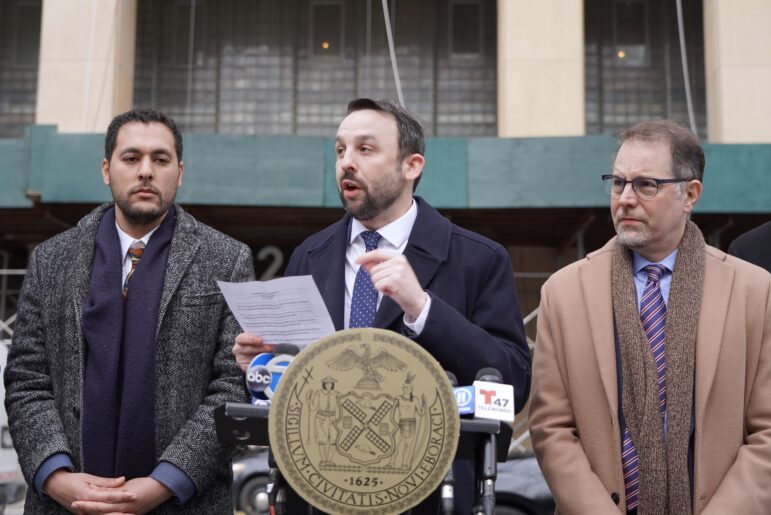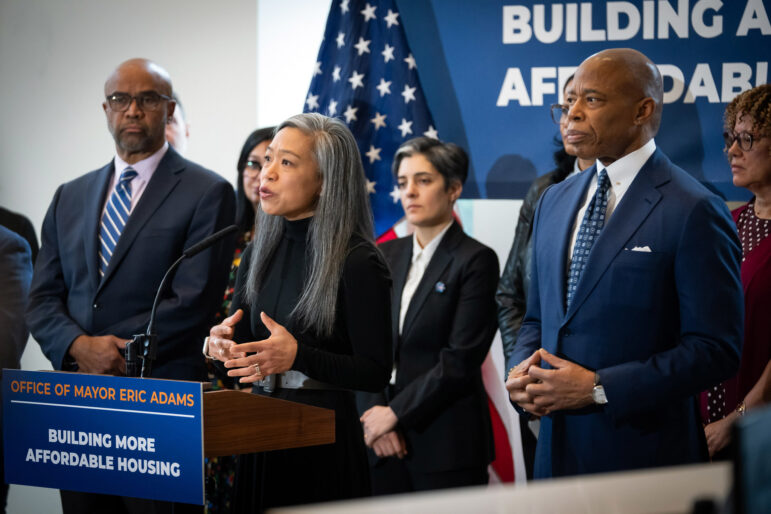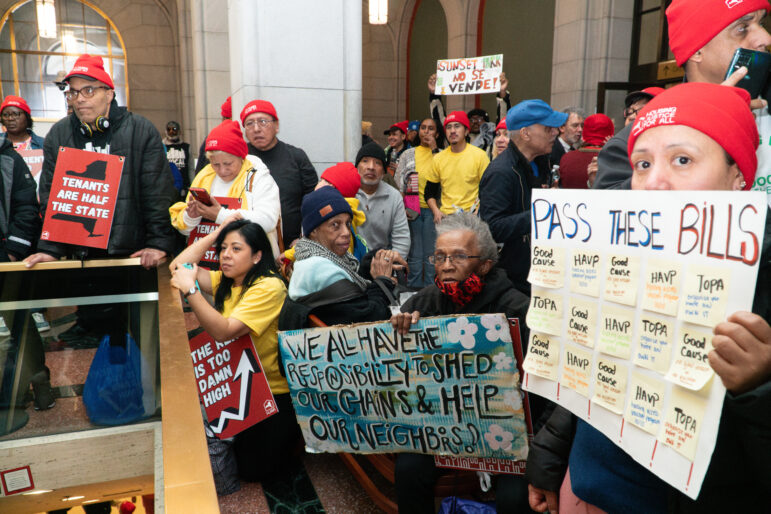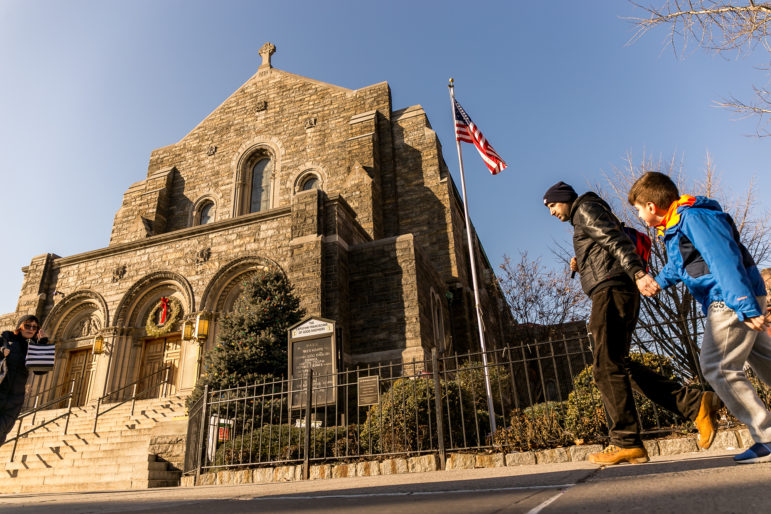“Community colleges remain a vital resource for students from all backgrounds, especially in New York, where they play a critical role in building the city’s workforce ecosystem.”
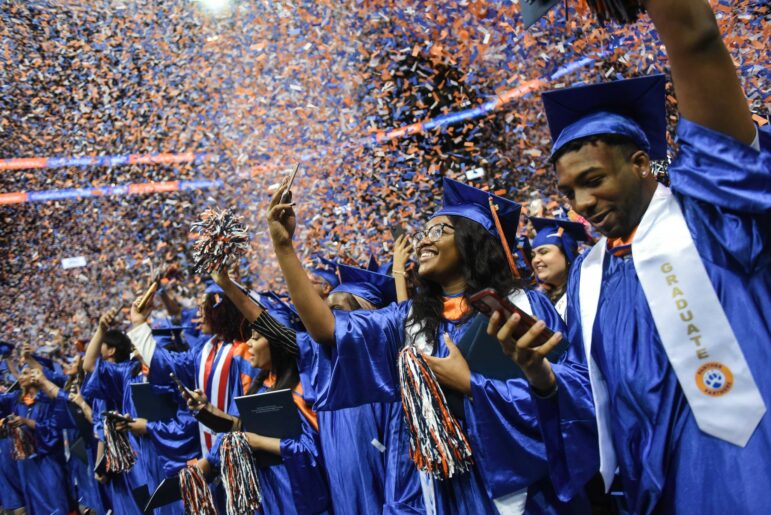
Michael Appleton/Oficina de Fotografía de la Alcaldía
Graduation at the Borough of Manhattan Community College in 2022.Community colleges are a vital part of higher education, serving a diverse group of students with different needs and goals. Faculty and administrators work hard to create innovative teaching methods and support systems, but many external factors continue to make it difficult for students to fully engage in their education. Financial pressures and mental health concerns, in particular, often feel beyond the control of educators but play a major role in student success.
Recent data from New York City schools highlights the challenges students face. In 2022, absenteeism rates reached 38 percent, with many students entering college already facing learning gaps.
These gaps create additional hurdles for students transitioning from high school to college. First-generation college students, in particular, often feel unprepared for the academic demands of college, and when expectations don’t match their level of preparation, they can become disengaged.
A major factor contributing to disengagement is the challenge of making ends meet. Many students juggle full-time jobs, family responsibilities, and the need to support themselves financially. The pressure to earn an income often takes priority over attending classes, leading to lower engagement and academic performance. The high cost of commuting and lack of affordable transportation add to this financial burden, further deterring students from regular attendance.
Mental health is another significant challenge. Rising rates of anxiety, depression, and stress are making it harder for many students to stay motivated and engaged with their coursework. These mental health struggles can affect their academic performance, relationships with peers, and overall college experience. Community colleges need to continue expanding access to mental health services and support systems to help students navigate these difficulties.
Another growing concern is the link between education and career opportunities. Many students come to community college with the goal of improving their job prospects but can feel disconnected from their future careers if they don’t see how their coursework aligns with the skills employers need. To help students stay motivated, community colleges are increasingly working with industry partners to better align course and program outcomes with the skills needed in the workforce.
The National Association of Colleges and Employers (NACE) competencies, such as career management, communication, teamwork, and critical thinking, are crucial for student success. By incorporating these competencies into their curricula, community colleges can help students gain the skills employers are looking for, improving both their chances of finding work and their belief in the value of their education.
Community colleges remain a vital resource for students from all backgrounds, especially in New York, where they play a critical role in building the city’s workforce ecosystem. Our students are the unsung heroes, working behind the scenes to keep New York City running. By addressing the external challenges students face, we can ensure that these institutions continue to provide opportunities for success and contribute to the city’s future prosperity.
Nicola Blake is a Complete College America Fellow and a Senior Fellow for Strategic Initiatives and Student Success at the City University of New York.


